
Gloria Chien
Playing By Ear
Classical pianist Gloria Chien discovered early in life that her talent and her passion were one in the same. Thanks to an unshakable work ethic, success also came early. And so, too, did uncertainty.
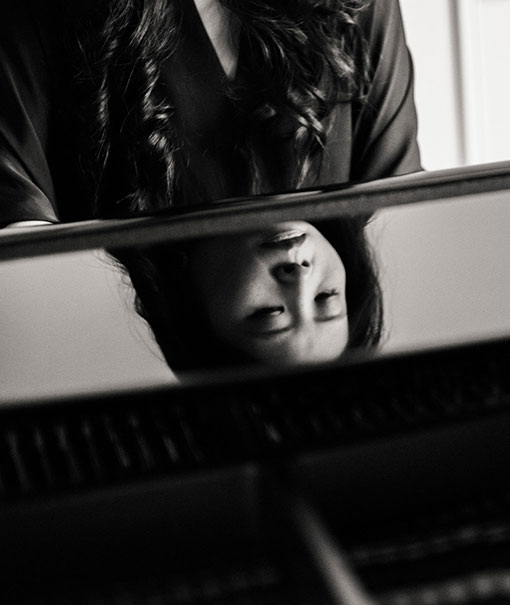
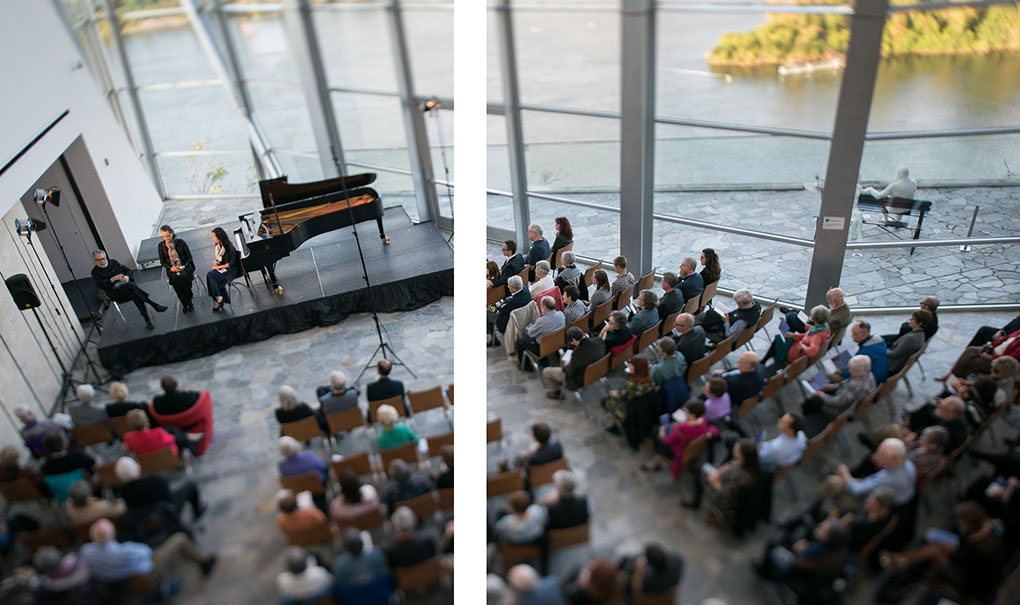
Humble and soft-spoken, Gloria chronicles her life and career in a too-noisy coffee shop one evening in late October. It's a story that embodies the wisdom Rainer Maria Rilke once offered his young writer friend — except, instead of living her questions, Gloria has spent years ever-so-elegantly playing them out on ivory keys, searching for answers that she knew her piano held.
For someone like Gloria, doubt isn't uncommon: when you're skilled, intelligent and determined, life gives you choices. You can go anywhere, be anything. The sky is the limit, which can be as agonizing as it is freeing. But Gloria never asked herself, “What should I do with my life?” She wrestled with a different query: “How should I do it?”
“Even though I could speak philosophically about music, I didn't understand my identity within my music,” she says. “I spent years not knowing where I was in this world I had created for myself.”

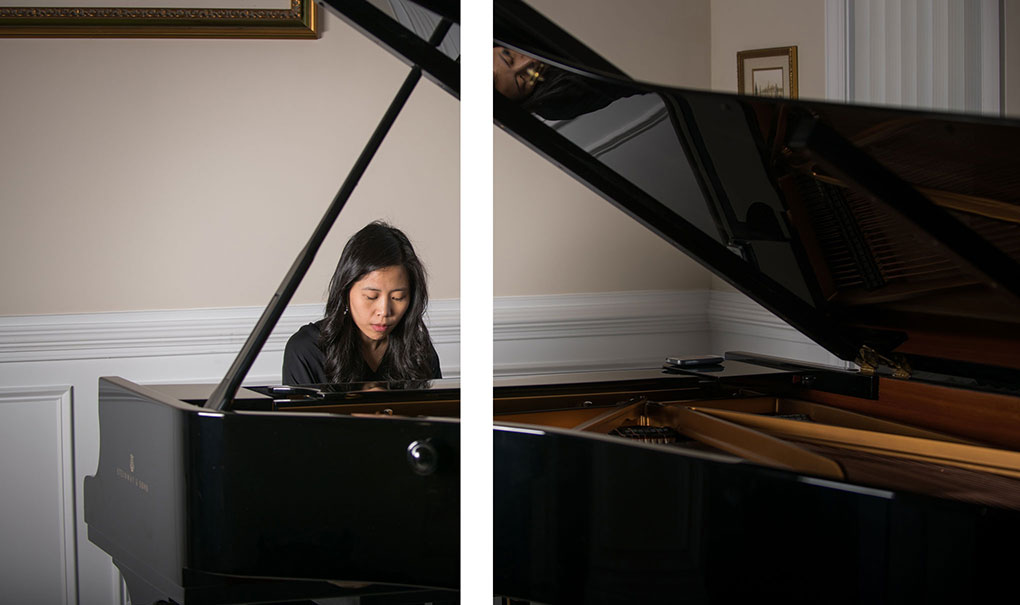
Music can be instinctive; teaching urges you to analyze what you do. It affirms your interpretive decisions.
Born in Taiwan, Gloria has been a pianist since age 5. She left her home and family when she was 14, eager to pursue a musical vocation in Boston. Within two years, she already had played with the Boston Symphony Orchestra. While she completed her undergraduate, master's and doctor of musical arts degrees from the New England Conservatory of Music, she traveled and performed as a soloist, earning awards across the country — sure of her passion, yet unsure of her calling.
Following her formal training, Gloria found herself in an unlikely place: the South. Through a chance meeting in Boston with Dr. Paul Conn, the president of Lee University, and his wife, she learned of a teaching position at the college. It was the perfect first job out of school — and it was terrifying.
“On my first day, I was too nervous to stand in front of the class, so I ended up hovering on the side of the room,” says Gloria, now an associate professor at the university. “But I'm so grateful for the opportunity to teach because it has completely changed the way I approach music. Music can be instinctive; teaching urges you to analyze what you do. It affirms your interpretive decisions.”
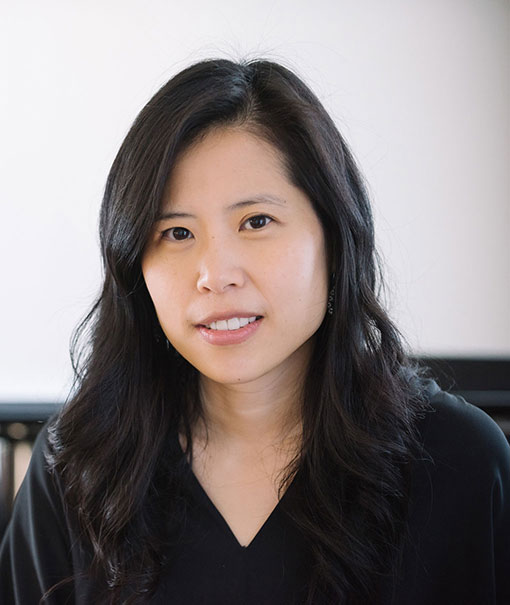
Although teaching was stimulating and meaningful for Gloria, she found that it wasn't wholly fulfilling. Neither was her career as a soloist. Hungry for something more, she couldn't put her finger on what that might be.
And then she made the life-changing decision to attend Music@Menlo's summer festival in California. A boot camp of sorts for chamber music students, the intense three-week event features performances and lectures by world-renowned musicians.
“It was the most exhilarating and exhausting experience I've ever had. I learned more during that summer than I had in years,” Gloria says.
Having trained as a soloist since she first graced a piano bench, Gloria had never considered a career as a chamber musician. And to be clear, her music certainly doesn't require accompaniment. But she says that the stage often feels too big for her alone, and following her Music@Menlo experience, she discovered that she felt at home in the embracing, communicative environment shared by chamber musicians.
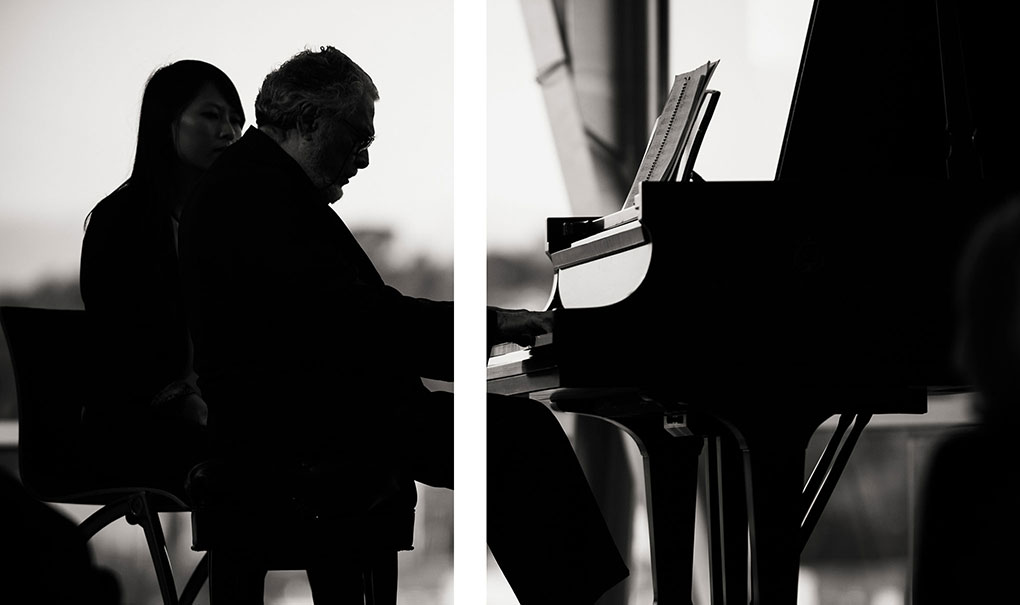
That epiphany catalyzed not only a significant career shift, but also the birth of her brainchild: String Theory at the Hunter. A chamber music concert series in Chattanooga, String Theory was established in 2009 and has since changed the cultural landscape of Gloria's adopted hometown. The nonprofit operates under her artistic direction and is made possible through a partnership between the Hunter Museum of American Art and Lee University.
“To be honest, String Theory happened by accident,” Gloria says. “Right up until I founded it, the concept was never even on my radar. Everything about it has been a surprise.”
After quickly and successfully establishing herself as a chamber musician, Gloria stumbled upon MakeWork, a Chattanooga organization that provided grants to support artistic innovation in the city. She hoped to use the funds to create a nonprofit that would expose others to the collaborative music that had reshaped and reinvigorated her life.
Local partners were eager to help, musical connections were happy to perform, and Steinway even donated a piano: seemingly, everything fell into place. Except, unfortunately, for the MakeWork grant, which Gloria ultimately did not receive. But she decided the show would go on — and it has, brilliantly.
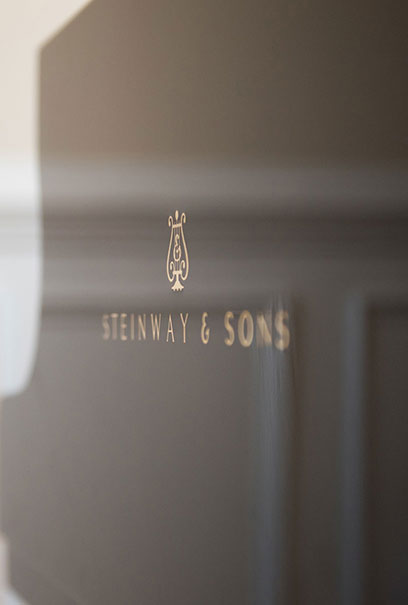
“It didn't matter that we didn't get the grant, and in the end, it was kind of a blessing. We designed our own path together,” she says. “That's the thing about Chattanooga: people are so willing to invest in this place.”
Now, from October to May, once every few weeks, music fills the wide-open halls of the Hunter. Nestled on a Tennessee River bluff, museum becomes palace chamber on these intimate evenings, and world-famous musicians spend an hour sharing their artistry with an audience of classical music aficionados, first-time concert-goers, and anyone in between.
“Artistic excellence is the top priority of String Theory — that's the one thing we've been absolutely insistent on,” Gloria says. “We knew we wanted only the most exceptional musicians to perform, and that's what we've gotten. What's been so unexpected, and rewarding, is how willing they are to engage on an individual level with the audience, each and every time.”
String Theory has been well received far beyond Chattanooga: the museum's packed crowd often is full of out-of-towners, and several concerts have been featured on American Public Media's “Performance Today,” a classical music radio show that reaches 1.4 million listeners each week.
Now in its sixth season, the series continues to grow in size and scope. Gloria is proud of its success, and humbled by it. She freely admits that she's still learning: they don't teach marketing or business management in music school, and like any nonprofit, String Theory is a constant balance of resources. But she's discovered that the spirit of collaboration she craves on the stage is equally valuable behind the scenes; without it, String Theory would not exist.
“When you're creating together — be it music or something else entirely — it comes down to trust,” Gloria says. “If you're all in, and you can trust that the person next to you is all in, then you're going to make something beautiful.”